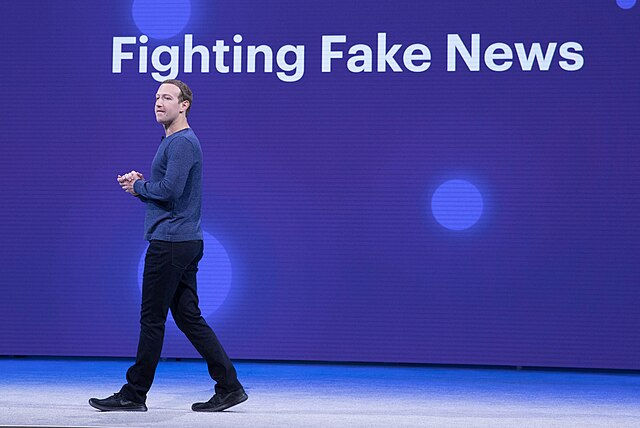Zuckerberg: White House Pressured Meta to "Censor" COVID-19 Content
- Matthew Kohut

- Aug 27, 2024
- 2 min read
What Mark Talks About When He Talks About Free Speech

(Photo: Anthony Quintano)
Meta CEO Mark Zuckerberg's recent response to a House Judiciary Committee investigation into content moderation of online platforms included a couple of political bombshells. The most striking was an accusation that the White House sought to stifle free speech on its Facebook platform.
“In 2021, senior officials from the Biden Administration, including the White House, repeatedly pressured our teams for months to censor certain COVID-19 content, including humor and satire, and expressed a lot of frustration with our teams when we didn't agree,” Zuckerberg wrote in an August 26 letter to the committee. He went on to say that he thought “the government pressure was wrong,” and that he regretted not being more outspoken about it.
At first glance, this was a free shot on goal at a lame-duck administration. Zuckerberg won't have Joe Biden to kick around for much longer. But it still leaves the question of why he framed the issue in Republican terms—"censorship"—when there's roughly a 50-50 chance that the next administration will agree with the Biden administration that social media platforms have a responsibility to stop the spread of misinformation.
In short, he must see more upside in appealing to Republicans than downside risk of blowback in the event of a Harris administration five months from now.
Zuckerberg grounded his remarks in the organization's mission: "Our platforms are for everyone -- we're about promoting speech and helping people connect in a safe and secure way." Apparently Meta's definition of helping people connecting safely does not extend to public health.
It's clear that times have changed since January 2022, when Spotify lost $4 billion in market cap after Neil Young pulled his music from the platform for hosting episodes of Joe Rogan’s podcast that spread misinformation about COVID vaccines. Spotify CEO Daniel Ek’s equivocation in a town hall meeting with employees—“We have to find the best possible way to balance creative expression with the safety of our listeners”—did nothing at the time to change the narrative about Spotify or the short-term direction of its stock price.
Zuckerberg also waded into the Hunter Biden controversy, recounting that the FBI had warned Meta in the run-up to the 2020 election about a Russian disinformation operation regarding the Biden family. He noted that Meta waited for fact-checkers to review the story and temporarily demoted it on the platform while waiting for a response. "In retrospect, we shouldn't have demoted the story," he concluded.
He likely anticipated that his letter to the House Judiciary Committee would have minimal impact on markets, and if so, he was correct. Since his letter made headlines, Meta's stock has been down slightly compared to the NASDAQ 100 index.
Veteran Meta watchers can speculate about whether Zuckerberg would have taken the same position if former COO Sheryl Sandberg were still around to temper his political impulses. His letter aligns Meta with the libertarian wing of Big Tech more clearly than in the past.
It remains to be seen if this represents a long-term shift that will benefit both shareholders and the users of Meta’s platforms.
(Originally posted on Substack on August 28, 2024)



Comments